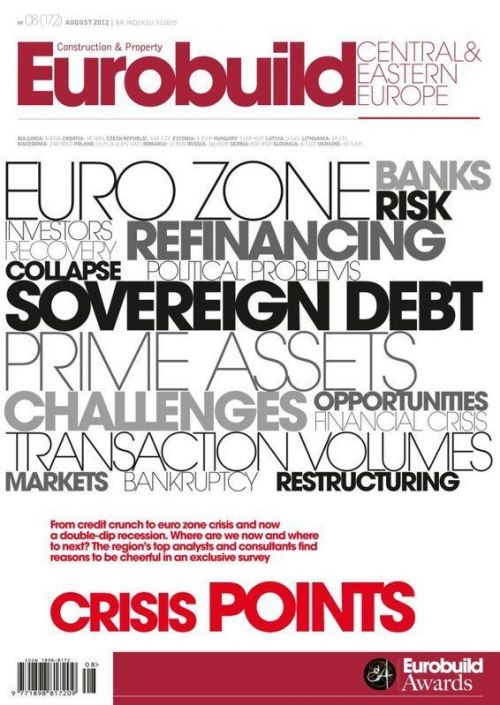After finally forming a new government, Greece's problems are no longer the main cause of fear among investors, now that Spain has taken over the mantle of the stock exchange ?scarer'. Even though European Union leaders decided at the beginning of July that Spain's banks would be thrown a lifeline, the euphoria only lasted a few days. The scale of the aid, which could even reach EUR 100 bln, prompts the question: who's going to pay? Meanwhile, black clouds are forming over Italy after Moody's cut its credit rating. Investors were not so perturbed by this, because there was more bad news to be digested. In the US, forecasts for the country's GDP growth over the next few months are now being revised downwards, and investors are awaiting companies' Q2 results with trepidation. Meanwhile, China's GDP has slowed down six quarters in a row, and the central bank of the euro zone has not only granted the highest liquidity loans on record to Spain's banks (over EUR 350 bln in June), but has als




























































